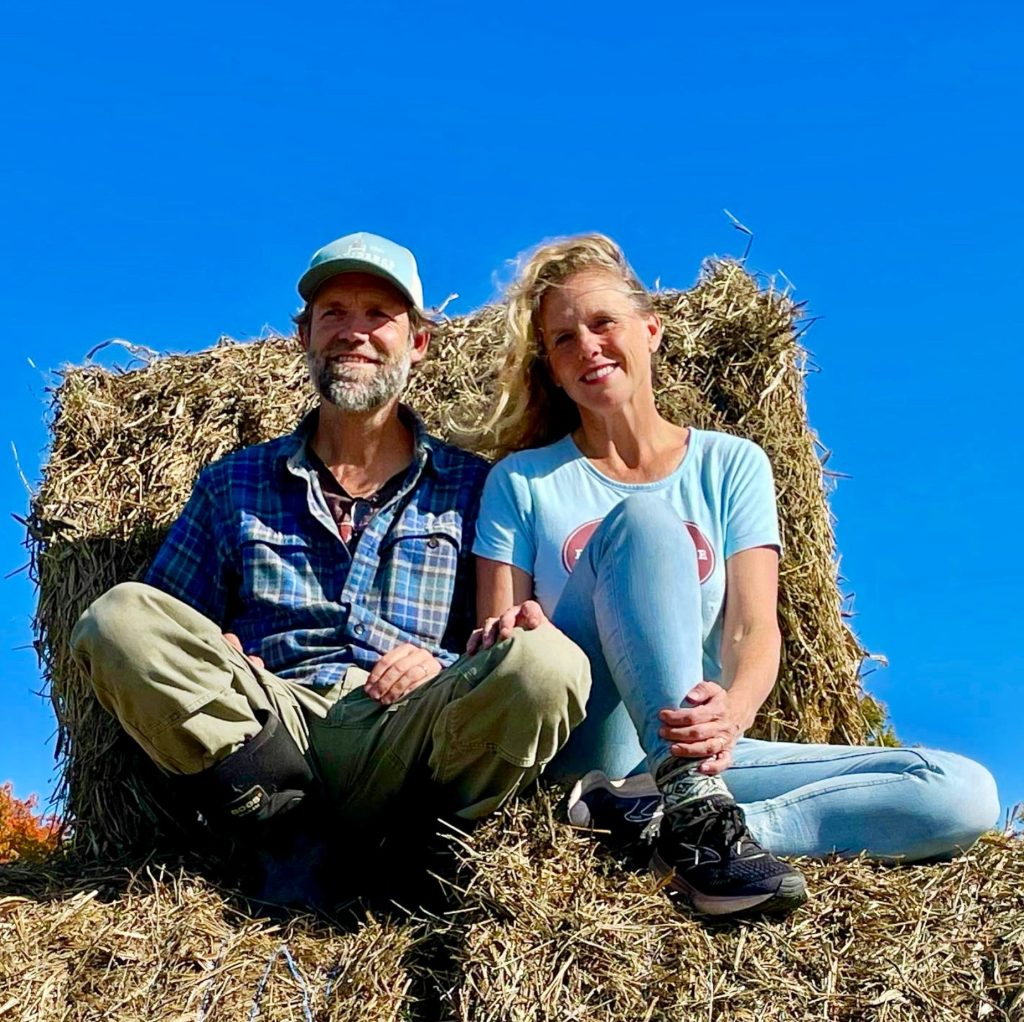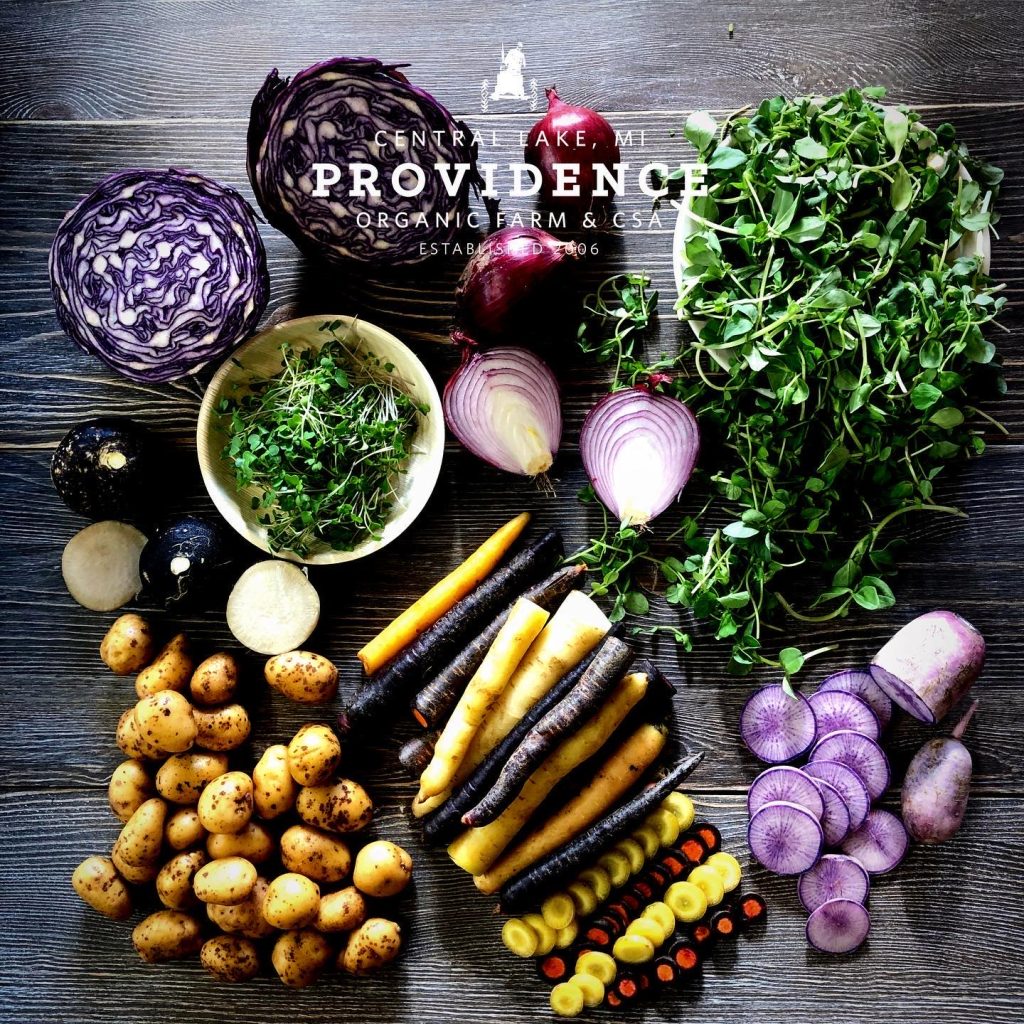
We pay close attention to the health of our soils, so that our certified organic vegetables are bursting with essential vitamins, minerals, and antioxidants. As mandated by the National Organic Program, we cultivate our foods without the use of synthetic pesticides, herbicides, fungicides or fertilizer. We NEVER use genetically modified organisms (GMOs) aka GE (Genetically Engineered) seeds.
Whether it’s vitamin C from bell peppers, folate from spinach, or potassium from tomatoes, these gems are powerhouses of nutrition, ensuring your body gets the vital nutrients it needs.

© All Copyright 2024
Powered by Lean Mean Web